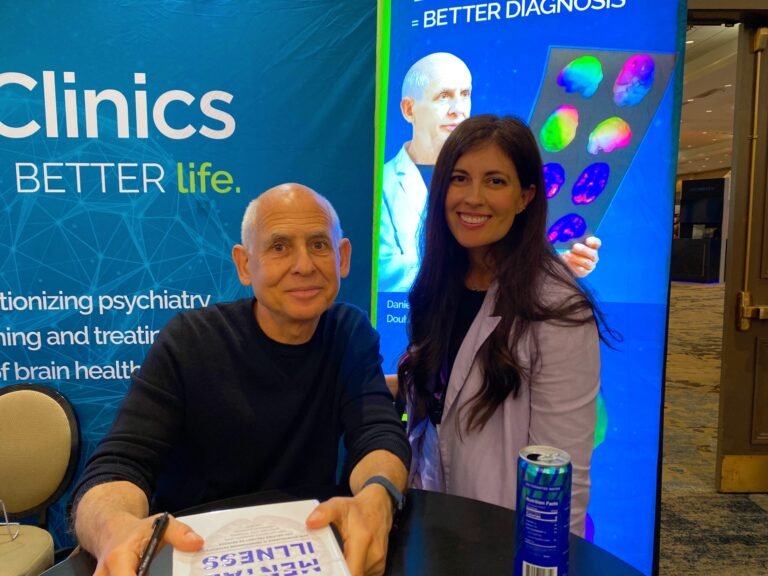This post is about what I learned at the Biohacking conference, hosted by Dave Asprey, in Dallas, Texas. I am grateful to have been provided a media pass to attend this amazing experience. You can read my first review of the Biohacking Conference here.
(and yes, that includes things you can do at home!)
Hello friends! How’s your weekend going? We’re in full dance recital mode here. Don’t forget to visit this week’s giveaway!
Today, I wanted to share a recap of some of the top things I learned from the Biohacking Conference. As you can imagine, I learned A LOT and felt like my brain was buzzing for days afterwards. I finally had a chance to let everything simmer and it was time to sort through the 19 pages of notes. Of course, I can’t share everything here on the blog – you have to go in person!! – but here are some of my favorite takeaways from some of the talks I attended while I was there. (I could post a lot more, but like I said, you really have to go in person!)
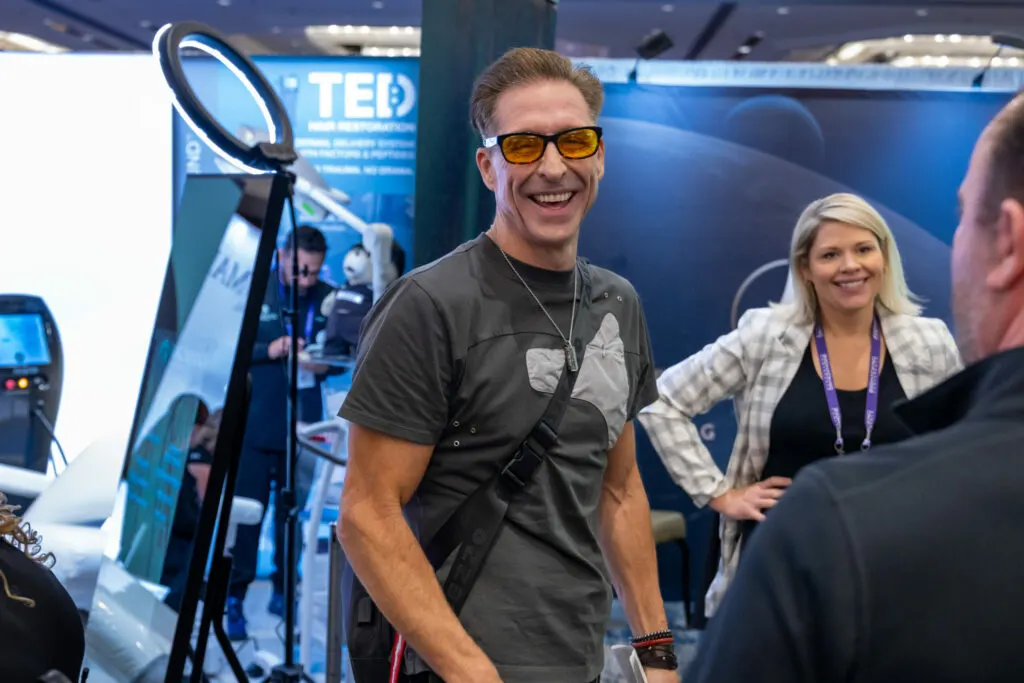
Courtesy of the 10th Annual Biohacking Conference
What I Learned at Dave Asprey’s Biohacking Conference
The end of mental illness with Dr. Daniel Amen
I’m a big fan of his Dr. Amen for years and years, so I was excited for the opportunity to learn from him in person. During his talk, he shared that psychiatry is the only medical industry that doesn’t actually examine the body itself before prescribing drugs. If you have heart problems, they take a picture. If you have kidney pain, they take a picture. With your brain, they make an educated guess and prescribe medication without actually looking at your brain.
In his clinic, they perform SPECT scans that allow providers to look at the surface of the brain, blood flow and brain activity. It’s pretty exciting – they have a new clinic in Scottsdale! – and it was incredible to see images of brains healed after trauma, drug use, OCD, etc. through lifestyle, supplements and medication if really needed.
The main message of his speech was this you can heal your brain and you are not stuck with the brain you have right now.
Factors that affect your brain:
– Change in blood flow, through things like high blood pressure, caffeine, sedentary lifestyle, low cholesterol, nicotine, caffeine
– Head injury
– Retirement/aging – you no longer have a purpose or suffer from loneliness
– Toxicity – alcohol, mold, heavy metals, THC, drugs, products
– What it says as “diabetes”: high blood sugar, pre-diabetes, diabetes, overweight or obese
– Inflammation- from processed foods, sugar, leaky gut, gingivitis
– Bad sleep
– Genetic factors, such as methylation issues
– Infections/immunity
– Gluten and dairy were also mentioned here with a question mark. I know for me these foods are inflammatory and don’t make my body happy in general so I skip them
Habits That Can Heal Your Brain:
– Test and optimize neurohormones
– Protection against head injuries
– Increase blood flow through exercise and diet
– Detoxification – sauna, hydration, fiber
– Retirement/aging: learn something new, donate blood
– Reduce inflammation
– Stress reduction and mental health
– Good quality sleep, 7-8 hours a night
– Know your genetic risk
– Promotes the healthy functioning of the immune system
*Some of the supplements and foods he mentioned included B vitamins, vitamin D, lion’s mane, omega-3, ginko, beets, cacao, garlic and onion
He has been on many podcasts (which links to my favorites here and here), and has he wrote many books. I added The end of mental illness and Raising mentally strong children in my collection.
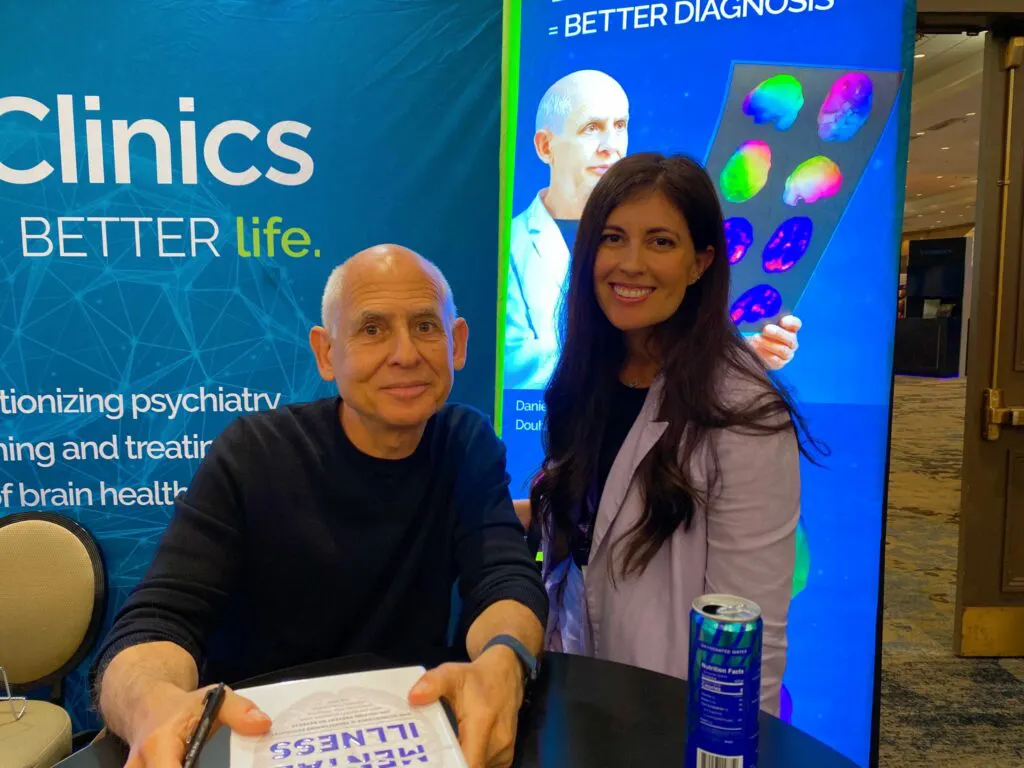

I also had the opportunity to meet him! It’s worth mentioning here that I was at the END of a line that was about 2 hours long, and he was still kind, genuine, and wonderful even after signing books for about 2 hours.
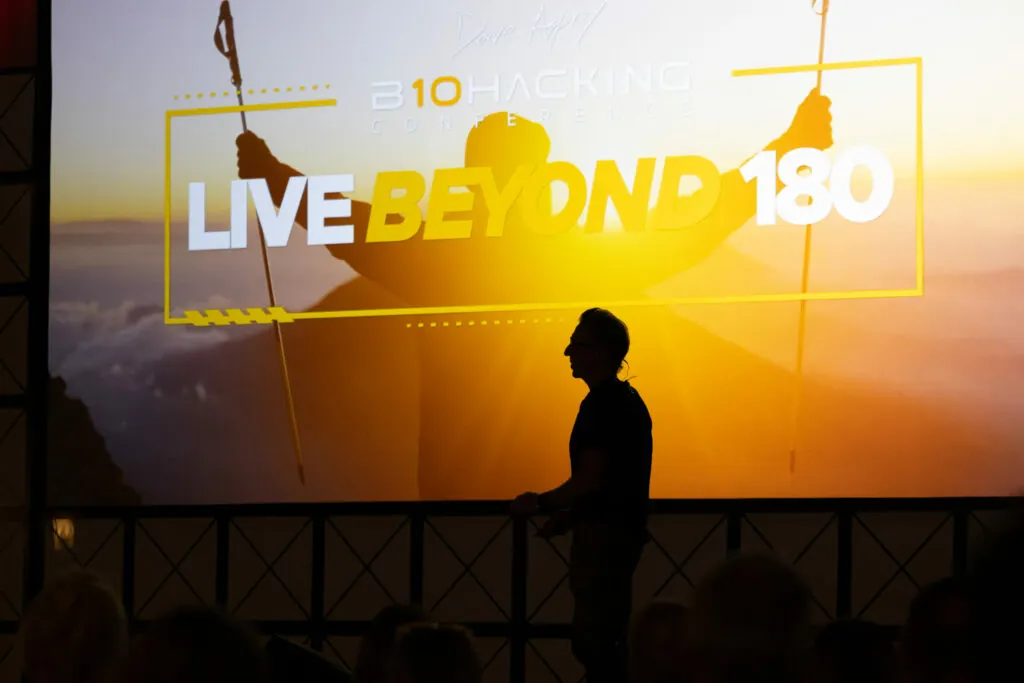

Courtesy of the 10th Annual Biohacking Conference
Dave Asprey on How to Be Distracted
The father of Biohacking himself led us through a powerful meditation on how to let go of triggers. The parts of the meditation included:
– Remember the last time you were triggered and how you felt inside
– Find a small moment of gratitude in that moment – anything you could be grateful for
– FORGIVING the other. “It’s their problem, not yours.”
– Breathe into your heart as you forgive them. Let it go and share this calm, forgiving energy.
He also went through a full description of his current routine, but I don’t want to post spoilers here since it’s likely in his next book.
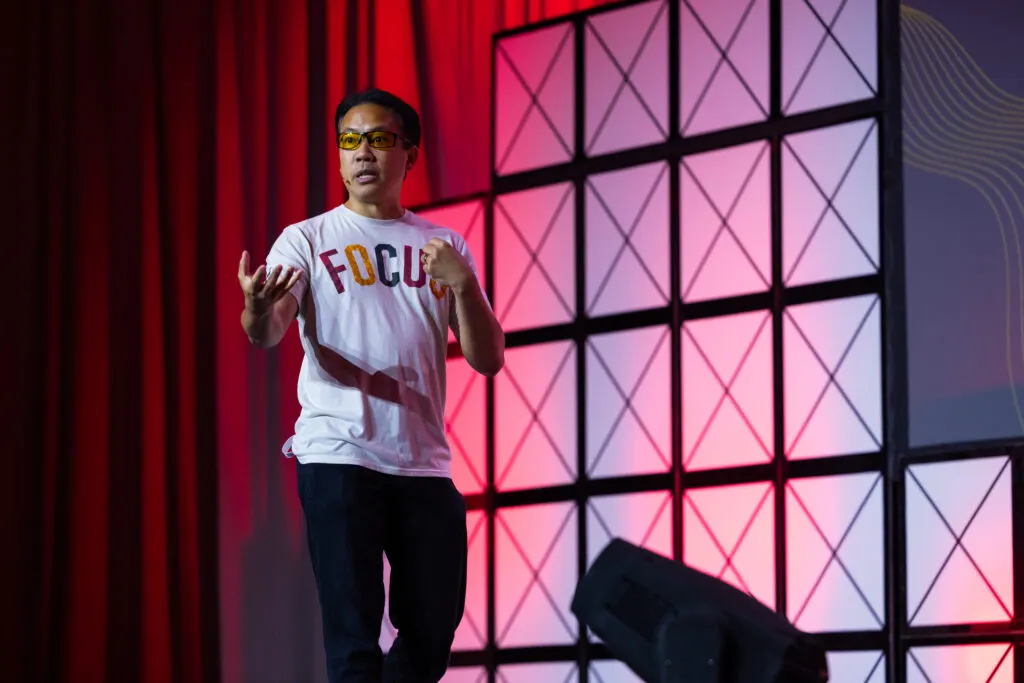

Courtesy of the 10th Annual Biohacking Conference
Jim Quick in being Unlimited
It was my first time watching Jim Quick live and it was AMAZING. He is dedicated to helping others improve their learning abilities, including reading speed. He also has a book (I’m adding it to my collection) and a top podcast with quick tips.
My favorite quote from him was “if you fight for your limitations, you can keep them.”
He told us the acronym ALPHA:
A- awareness? knowing who you are, having a clear vision and principles
L- learning
P- priority; mind and priority management
H- health (meditation, exercise, diet, supplements, sleep)
Action – “knowledge itself is not power)
He also talked about animal brains and how our learning style can relate to different animals. That made a lot of sense to me too I took his quiz to find out I’m a cheetah. I am excited to learn his strategies for reading faster… I came home from the conference with 9 new books.
Some of the options:
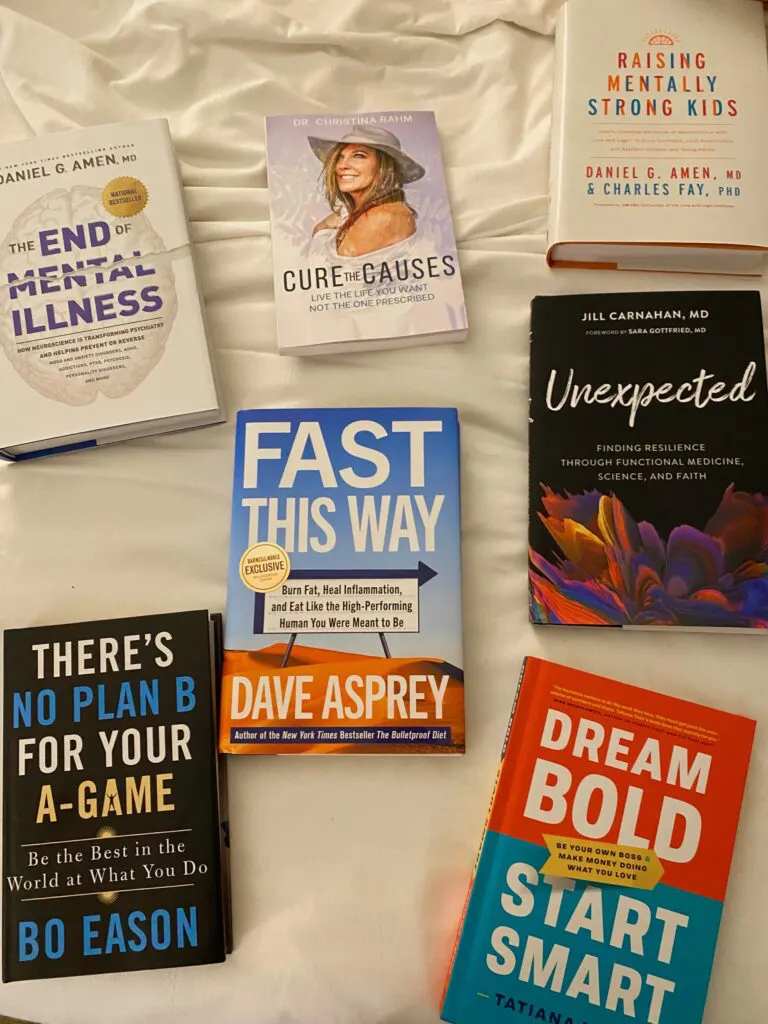

Another great tip: When you wake up, fast forward to the end of the day when you go back to sleep. What are three things you want to accomplish personally and professionally before that happens?
Dr. Jill Carnahan talked about building resilience in a toxic world
I am currently in the process devouring her book, but it has an incredible history of resilience after childhood toxic exposure and breast cancer diagnosis in early 20s;
He talked a lot about toxic load, how to reduce toxic load, promote detoxification, biotoxins, gut and lymph support, and toxic stress.
Some foods you can make at home:
– Eat at home as much as possible
– Filter your water and air
– Aim for foods that are organic, chemical and pesticide free
– Get rid of non-stick pots and pans. Use stainless steel or cast iron.
– Avoid microwave popcorn and regular stovetop corn
– Move your body
– Practice gratitude
– Look for the sun
– Set boundaries
I love that so many of the speakers gave real world examples of things you can do at home. Sure, some of it might seem more *out there* than others, but I think biohacking is really about taking things to the next level once you’ve mastered the basics. I am always excited to learn new strategies and ideas for potentially increasing longevity and health.
My next Biohacking conference post will cover the gadgets I tried, as well as some easy things you can try and do at home, at a range of price points.
Have a great weekend and see you soon!
ho ho
Gina
